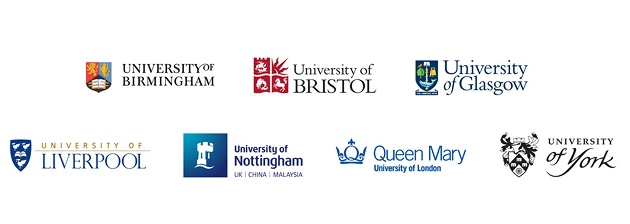Search Universities
| Country | University | |
|---|---|---|
- Home page /
- Universities /
- Turkey
Turkey
UNIVERSITIES WHERE YOU CAN STUDY BEST
-
Istanbul gelishim university
-
Istanbul Aydin University
-
Bahcesehir University
-
Altinbas University
-
Medipol University
-
Istanbul Kultur University
-
Istanbul Okan University
-
Uskudar University
-
Nisantasi University
-
Istanbul Bilgi University
-
Kadir Has University
-
Ishik University
-
Biruni University
-
Istanbul Arel University
-
Istanbul Zaim University
-
Ozyegin University
-
Istanbul Commerce University
-
Istinye University
-
Ankara University
-
Cyprus Health and Social Sciences








Arzuwlaryma yol açan merkez
Men bu merkezde diňe bilim däl, eýsem uly goldaw we ruhlandyryjy gurşawy tapdym. Mugallymlaryň sabyrlylygy we ugrukdyryşy üçin örän minnetdar.More
Gurbanýazowna Gülşat Begenjowa
Student
Netijeli bilim, güýçli maksat
Globalda okamak bilen bilimime bolan garaýşym düýpgöter üýtgedi. Indi men maksat goýmagy we şoňa tarap sabyr bilen işlemäni öwrenýärin.More
Gurbanýazowiç Omar Gurbanýazow
Student
Globalda alan tejribän
Men "Global" okuw merkezine gatnap başlanym bäri özümi has kämilleşdirdim. Indi men daşary ýurt okuwlaryna girmäge taýýarlanýaryn. Bu ugurda maňa "...More
Nazarow Bagtyýar Begnazarowiç
Student